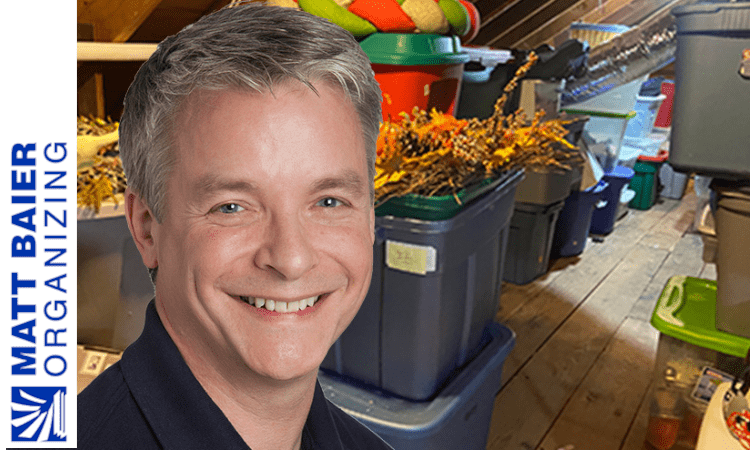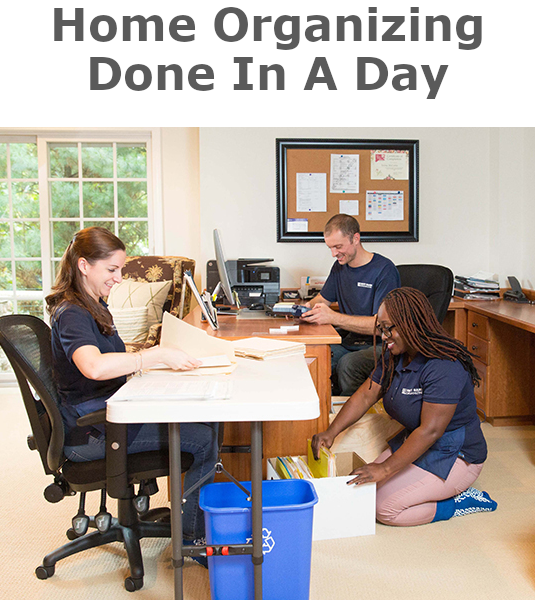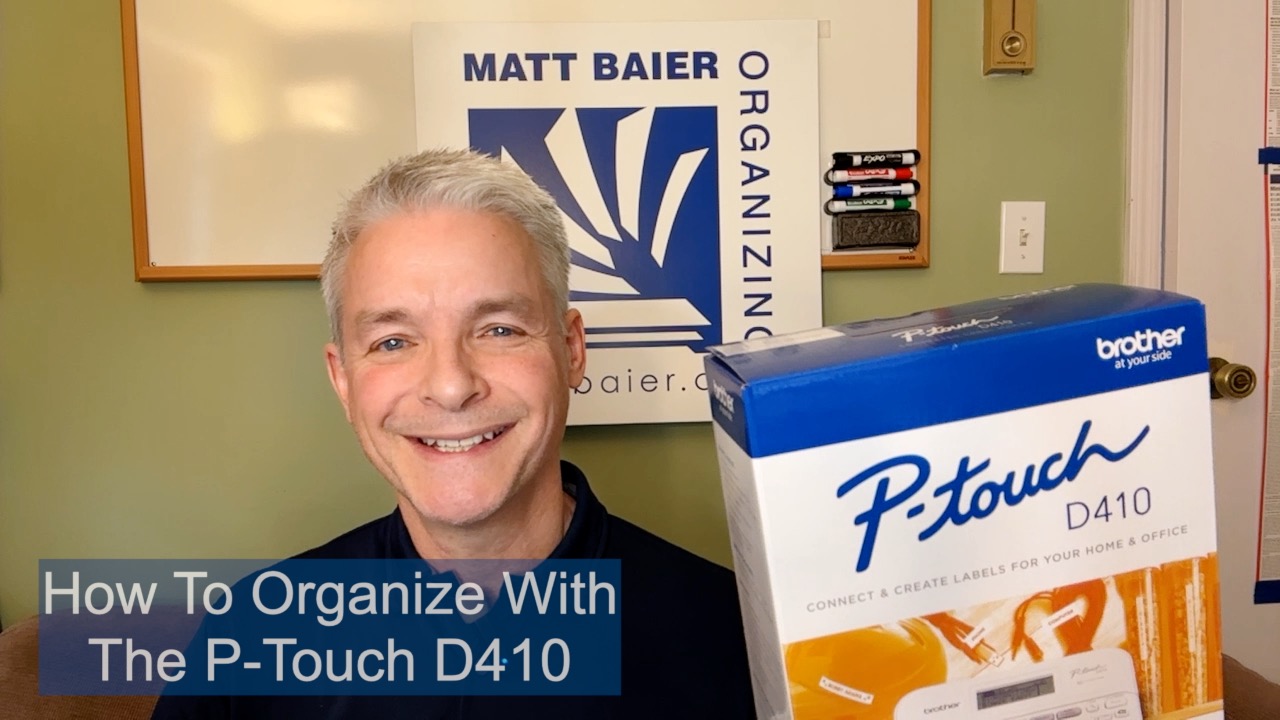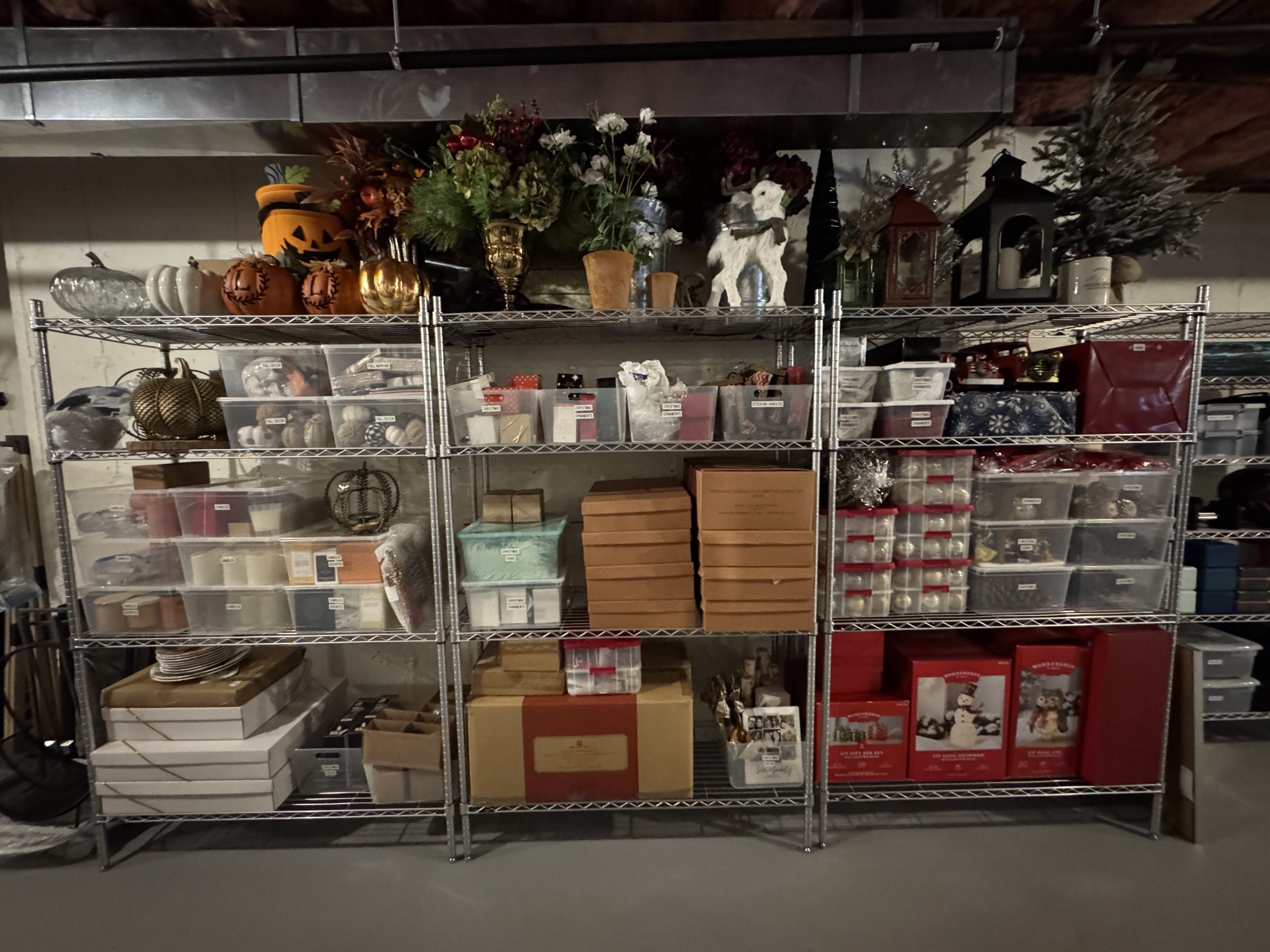Do You Have “Dishes in the Sink”?
As I’ve so often stated, my central organizing philosophy is circulation prevents accumulation, but what exactly do I mean by this? Effective organizing solutions must be built on movement. There must be a reliable advancement from one manageable stage to the next. If this circulation is blocked by an unmanageable stage, the whole process starts to fall apart and an accumulation of clutter is inevitable.
Perhaps the easiest example of this comes from looking at your dishes. Dishes in your kitchen cabinet come out when food is prepared, then they go to the dining table, where the food is eaten. Once the dishes are emptied they go to your sink (or dishwasher) to be cleaned. After they are cleaned, your dishes return to your cabinet and the cycle is complete, ready to start again.
If any one of those stages breaks down, there will be accumulation. Most of us can keep our dishes organized because we recognize the need for this circulation AND because each of the stages are pretty manageable.
If the stage that breaks down is the dishes in the sink, there are four likely reasons:
- you’re too tired
- you hate washing dishes
- your washing process is overly complicated
- a. and b., because of c.
Getting organized can’t do much about a. and b., but it can definitely help with c. and d.
When the dishes pile up in the sink, they then start to overflow on to the counters and food preparation becomes difficult. Then you start running out of clean dishes and spend money on paper plates or eating out. So it’s pretty important to keep that stage manageable.
While the dish cycle may seem pretty obvious to most of us, what is less obvious is that we need to see this circulation in everything, to stay organized. Perhaps the biggest offender is paper. There are four essential stages, which I call:
- running- to make a point of acting on; to-do’s; visible
- sitting- to find reliably; file cabinet at your fingertips
- sleeping- keeping just in case; archives; store more remotely
- dead- no value; toss or shred
Any one of these stages could represent “dishes in the sink.” You may only be concerned that our to-do’s aren’t getting to done, but they are not unrelated to the other stages.
Much of what appears to be to-do’s, that is piled up on your desk surface are probably things that you just need to find reliably. If your file cabinet was more simplified and less stuffed, you would be more likely to trust that you can find things that go in there.
Much of what stuffs a file cabinet is older documents, that you don’t need to keep at your fingertips. After tax season is a great time to pull out statements and tax supporting material from last. Depending on your situation, they can either be tossed or graduated to sleeping files, in a more remote location. With the user-friendly systems we set up, this only takes about 20 minutes.
More remote locations have their limits too. After tax season is also a good time to pitch your oldest sleeping files. Everybody has different comfort levels. If yours is seven years, you will probably feel a whole lot better about tossing those 2005 bank statements than you did seven years ago. This will free up room for newer sleeping files.
If you compare getting to-do’s to done with getting dinner on the table, the reason you’re not getting anywhere is because you have the paper equivalent of dishes in the sink.
Please Share With Your Community
Testimonials
What some of our clients are saying
Imagine An Organized Home
















